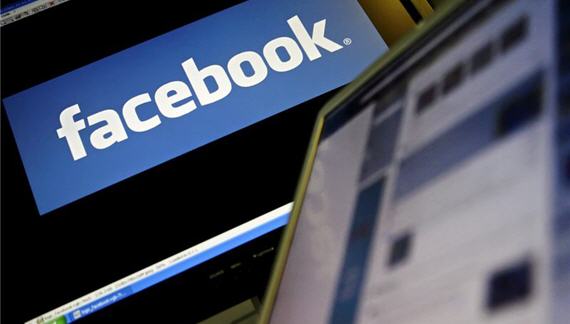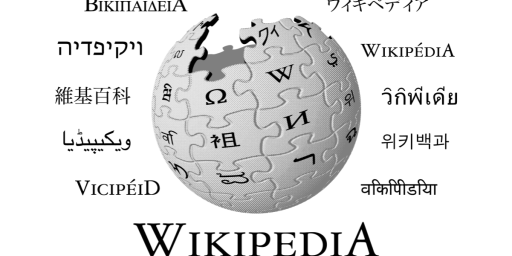Facebook Most Popular, Most Annoying Site
While people keep flocking to Facebook in droves, the site has the lowest satisfaction rating of any e-business site.
While people keep flocking to Facebook in droves, the site has the lowest satisfaction rating of any e-business site.
Lora Kolodny for TechCrunch:
A new study by ForeSee Results and the American Customer Satisfaction Index finds that U.S. consumers regard social media sites Facebook and Myspace as lowly as they regard cable providers, airlines and the I.R.S.
The Annual E-Business Report for the A.C.S.I. study encompassed thirty online media brands in the categories of: portals and search engines, news and information sites and for the first time in July 2010, social media sites.
Social media companies Facebook, Myspace, Wikipedia and YouTube were included for the first time this year, but achieved the worst “satisfaction” scores within the “e-business” group.
On a 0-100 point scale, Facebook scored just 64 points but Wikipedia scored 77. YouTube scored 73, and MySpace scored 63. By way of comparison, Netflix ranks at 87.
ForeSee Results expects to add Twitter next year but did not include Twitter in 2010 because so many people access the site through third-party applications (like TweetDeck) creating a varied user-experience said ForeSee Results chief executive Larry Freed.
Regarding Facebook’s low score, but dominance in the social media U.S. market, Freed notes: “Customer satisfaction is a combination of what you get and what you expect [from a website]. The business model of starting out free and ad-free, then turning your site into something else over time works somewhere in tech, but from the average consumer standpoint it doesn’t work.”
Privacy issues and promotional content — including everything from display ads to information posted by a user’s “friends” about Mafia Wars or Farmville — all frustrated Facebook customers.
Wikipedia, in contrast, has adhered to a non-profit business model where “it’s about the content more than anything else,” Freed says, and Wikipedia hasn’t added revenue generating features that make it “troubling for people to access and utilize an ever-changing site.”
I’m reminded of the aphorism attributed to Yogi Beri: “Nobody goes there anymore — it’s too crowded.”
Facebook has become the default site for sharing photos and quips with friends, family, and acquaintances. There really isn’t even a plausible competitor at this point, with mySpace having bitterly failed to make the transition from a place for teenagers. But there’s a lot of junk on the site and the constant relocation of popular features makes it like the river you can never step in twice.
The site has managed to set up a wildly popular interface that’s impossibly expensive to maintain without much of a business model to sustain it. So, they’ve got little choice but to tinker until they’ve figured one out.
Will they be able to do it before alienating their customers? Or are they now so big that there’s nowhere else to go?
The latter seems to be the case with Twitter which, I’d be willing to bet, would get an even lower satisfaction score. At least Facebook is usually up and running.






What does Facebook’s score look like from non-Farmville participant responses?
I’m waiting patiently for Diaspora to start releasing code. The only thing that can break Facebook’s critical mass is a flood of competitors that can communicate with each other as one giant network.
Jim, totally off topic but apparently the guardian in Britain (admitttedly not a totally neutral source) thinks your 90% prediction on Rupe’s firewall at the The Times has indeed proved prophetic
http://www.guardian.co.uk/media/2010/jul/20/times-paywall-readership